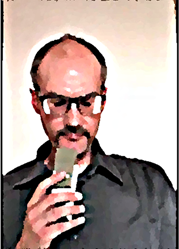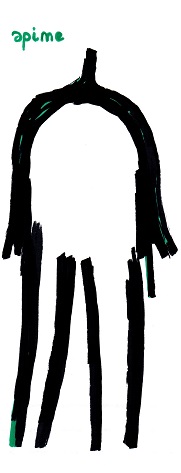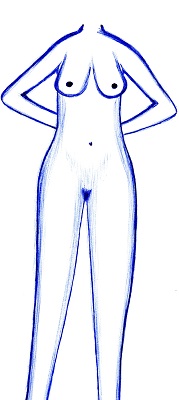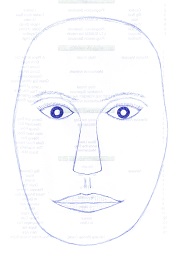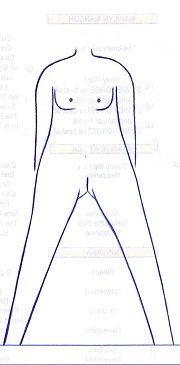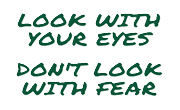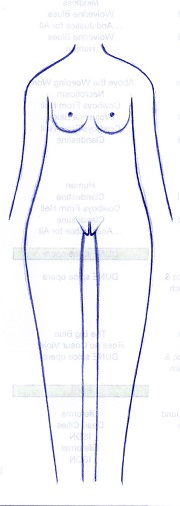|
Asking why is meaningful. Saying don't worry is meaningful. You can't be aware to which extent people are harming other people as long as it's not you that they are harming, it's just a psychological fact, not feeling the actual being attacked is like not seeing it, which means basically that it's like not being aware of the existence, the presence of the pain and problems and hate, here and now. Can you change that? As long as you're not a victim, I guess not, unless you're working in a hospital or doing something similar. But you can understand what I'm saying though, I think. Asking why is not that meaningful though, it's better to look at the way people who have trauma are processing things that happened in their lives, things that went really wrong, from a therapeutic point of view. You can really learn a lot from people who have been processing the things that went wrong in their lives through the art that they're making. As a matter of fact, a lot of artists use the art they are making as a way of processing the awful things that happened to them. Everyone can study that, pure minds are able to understand way more about that than they're usually even aware of. That's a better way of thinking than: Watching what happens and asking yourself why, of course we ask ourselves why, and we keep doing that, but after a while we need to turn that page and say: Okay I'm gonna consider these things from another point of view now. The problem with just watching what happens, and thinking it shouldn't happen, is that after a while you get the idea that by doing so you're actually helping, which you don't, and it's very contagious behavior, because if you're just standing there, other people are gonna see you standing there, and they're gonna copy your behavior, and they're gonna think that it's okay to do nothing because it's exactly the same as what you're doing. Maybe it's not okay, but at least it doesn't feel like it's not okay if you are not the only one doing nothing. We need to dig deeper, much deeper to catch a glimpse of the true magnitude of the problems in the minds of the humans. Usually most people are avoiding other people's problems at any cost, that's why it's not surprising that humans have developed a very sharp sense to know very accurately what they need to know to see the problems that they really want to avoid at all costs. It's a lot of playing dumb in order to avoid putting energy in doing something useful. And then they say: Why is it? What is it? Where does it come from? How does it happen? But you don't want to help, because you can't, and it's too difficult, and what do you gain from it? If you're one of those people, make way for people that want to help other people that are struggling, because bystanders are usually not helpful. Not participating is only useful to those who can afford to not participate, and to those who cannot afford to participate. The last reason is just not being qualified for the job, whereas the first reason is just an excuse.
|


